5 Reasons why financial institutions quickly require Intelligent File Handling
- banking modern technology and also huge data are high on the agenda for economic solutions C-suites.

As big information becomes a fact of life for both customers as well as banks, it presents brand-new methods for producing earnings streams. Financial leaders identify that the capability to essence and also utilize data held within their business procedures - and to automate file processes in their value chain, offer incredible competitive advantage.
In numerous organisations, there are obstacles blocking those possibilities. Occasionally it's monetary constraints; various other times, it's merely a absence of assistance and/or understanding across the business.
Here are 5 pressing factors to re-prioritise intelligent record processing (IDP) in your digital transformation program, and also tear down those obstacles one at a time.
1. Large data in financial is a major, unmissable opportunity
As challenger banks continue to interrupt the financial services landscape, conventional financial institutions have one wonderful benefit-- the substantial amounts of data they hold connecting to their consumer bases and sectors. Finance applications alone generate mountains of data to satisfy back-end processes. But this data isn't constantly in a kind that can be accessed; nor is it verified for its integrity.
Having the ability to instantly interpret client papers for intelligent insights unlocks beneficial information for financial institutions, which can after that be fed right into other areas of the business, or right into applications. From there, financial institutions can create products to meet the requirements of retail, SME as well as industrial customers and also liquify their discomfort points; they can boost the customer experience as well as allow economic wellbeing discussions between customers as well as the industry.
Information powers personalisation, opening communication with consumers concerning products at the right time, in such a way that makes good sense to individuals. Client information becomes a source to shape strategy.
shutterstock_1062915296 _ -1.
IDP utilizes a collection of technologies - from expert system (AI) and artificial intelligence (ML) to optical character recognition ( OPTICAL CHARACTER RECOGNITION) and natural language processing (NLP). These allow financial institutions to catch, identify, and also essence data saved in files, transforming unstructured and semi-structured data right into a organized layout.
Intelligent automation modern technology can after that be applied to the extracted information for enhanced validation as well as to automatically enter it into existing applications. Advanced analytics enable reporting as well as understandings in real time from multiple sources, so organisations can consume, analyse and carry out on the understandings, feeding right into the bank's value suggestion.
2. The COVID result: new assumptions from end customers.
With social distancing constraints, lockdowns and a mass work-from-home motion in several markets, we've seen a transformation in consumer involvement.
It started with a mass flight to electronic channels throughout both retail and business banking, accompanied by escalating download rates for applications, particularly in the very early months of the pandemic.
" The banks are currently reprioritising their electronic transformation programs," says Sandstone Innovation chief executive officer Michael Phillipou.SAN10190 MIC-3.
" 18 months back, a financial institution may have had a roadmap of three years of programs they were mosting likely to be attending to. Currently they know they require to increase that investment, reprioritise some of those programs, and also bring in brand-new priorities to ensure they've obtained market-leading digital value propositions." "This speed as well as agility is something we've never seen prior to," Phillipou says.
Overnight, electronic remedies have been developed to satisfy clients' demand for safety and security as well as comfort, as well as cashless repayments and also worldwide settlements have ended up being necessary.
" We likewise all of a sudden saw a need for instant gratification," claims Phillipou. "Getting answers quickly as well as being able to interact with your financial institution, either by self service or by a lender beyond, are now anticipated as a matter of course.".
Keep in mind that in an setting of raising cybersecurity breaches, new financial modern technology needs to https://www.sandstone.com.au be stabilized with conformity, info protection as well as danger management. "If payment systems were to drop, that would have a disastrous effect financially as well as damage rely on establishments," Phillipou claims.
3. Digital lending options will certainly always have heavy conformity responsibilities.
Banks have a traditional profile and rightly so. They have significant as well as ever-changing governing responsibilities to abide by, and layers of stakeholder approvals to secure before onboarding any kind of new abilities.
" As such, recognized financial institutions usually aren't technology leaders," Phillipou says.
There is a substantial opportunity for financial institutions to boost their capacity to satisfy regulative compliance rapidly and quickly-- via automated IDP items like Sandstone's Queen (Digital Intelligent Confirmation Aide) technology.

DiVA provides consumers verified and also auditable regulative conformity with an built-in rules engine without any code configuration needed. As well as because queen is Software as a Service, it's quick to implement. A financial institution can certainly set up IDP throughout their company in a issue of weeks.
" This is what financial modern technology will look like across the board in the future," Phillipou claims.
" Cloud indigenous, cloud based, API first, containerised, with microservices-- all of these with each other allow fast deployment and fast realisation of benefits. Being intake based, the item can be switched on and off swiftly.".
4. The drive for performance gains across the board.
According to Phillipou, from the financial institution's perspective, every board is being asked to do three points. The first is to increase their return on capital, and that indicates growing their possessions, their financing books as well as responsibility publications.
The 2nd: they need to do more with less, by reducing their cost-to-income ratio. Number three is to abide with all laws and avoid penalties.
" With regards to the 2nd factor, this is absolutely an performance play," Phillipou says. "The appropriate digital borrowing remedy will certainly lead to reduced time to refine fundings, which's the main usage situation our customers are utilizing our capability for. Smart document handling is a crucial element of that.".
With intelligent automation, financial institutions can begin to issue lendings bent on customers at a much higher rate than they could have otherwise. Personal details can be redacted, files can be revolved and also translated and indexed. And also with even more accuracy in the means they refine info, as well as little or no re-keying of details, the mistake price with clients is far reduced.
shutterstock_745210543_PNG-1.
As the process becomes a lot more reliable for organisations, they can redeploy those back-office sources into other areas where they can get a greater effect. It's about price financial savings for clients as well as a much better consumer experience with fewer pain points.
Inevitably banks are working in the direction of the concept of straight via handling (STP): totally electronic processing of monetary deals from the factor of first ' offer' to last negotiation, entailing no manual treatment. The goal is to achieve far better rate, accuracy, dependability and scalability.
5. The open banking future relies on excellent, huge information in financial.
The staged introduction of open banking and the opening of APIs to third parties has been another incentive for adjustment, assisting shift sector emphasis onto the significance of data integrity and accessibility.
Banks require to be able to seize the opportunities this presents. That includes opening ' industries' to aid develop out their very own product set as well as take a look at brand-new income streams for business. These may consist of anything from re-selling to monetary understandings for retail and business financial.
As Phillipou states, "From our side, as a technology companion, we're seeing much more requests for remedies to fulfill these demands today.".
There is no doubt that banks have to be data driven if they wish to give much better monetary services and products to satisfy clients' requirements and also assumptions; and if they wish to make use of possibilities as they arise.
At the same time, they need to drive efficiency as well as effectiveness across business, while decreasing operational threat. The time has pertained to adjust and do it rapidly.